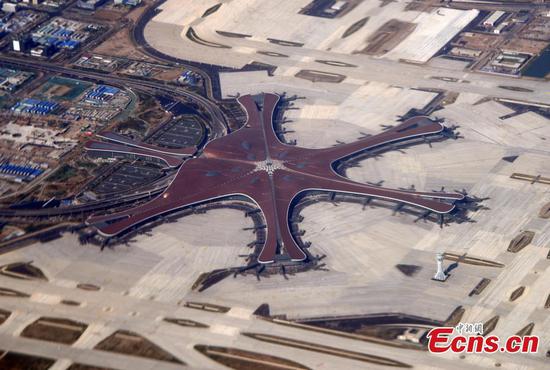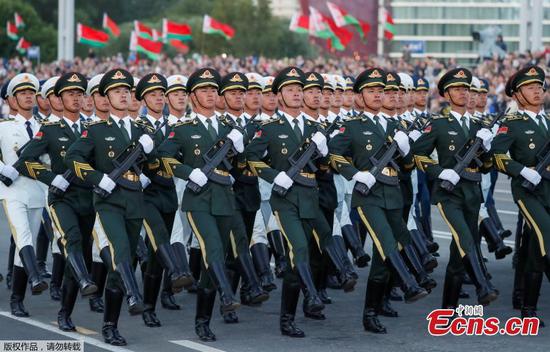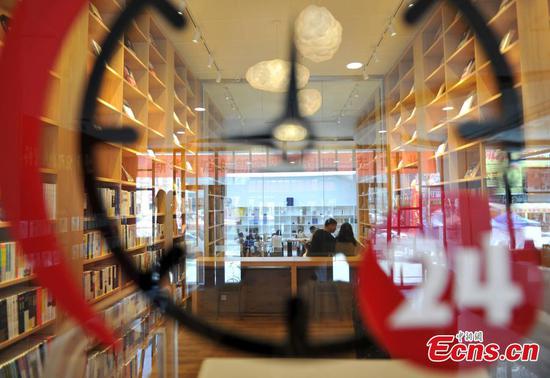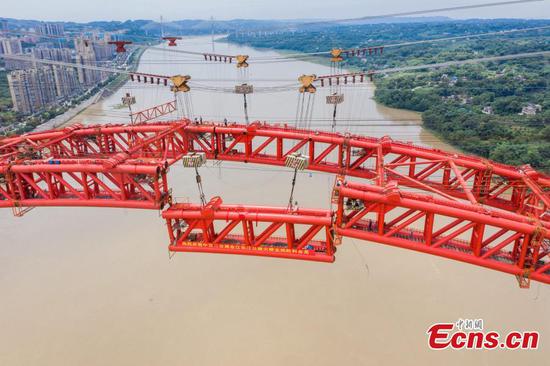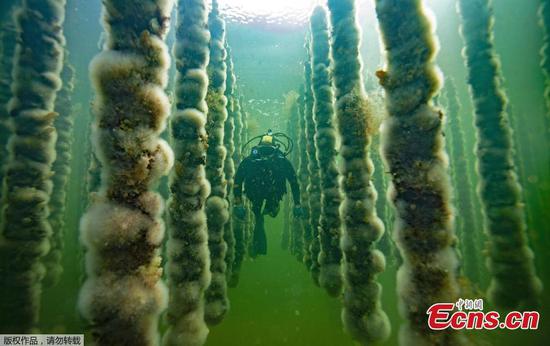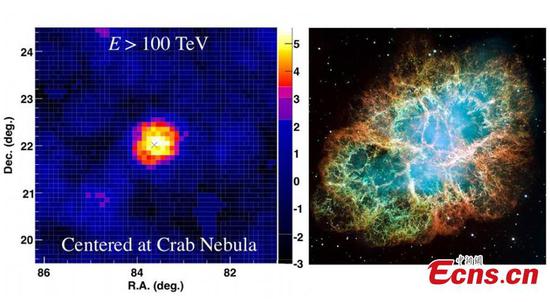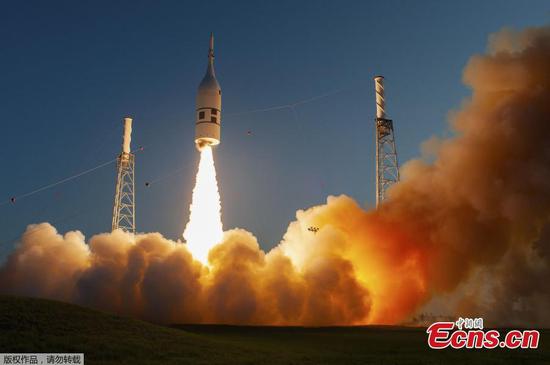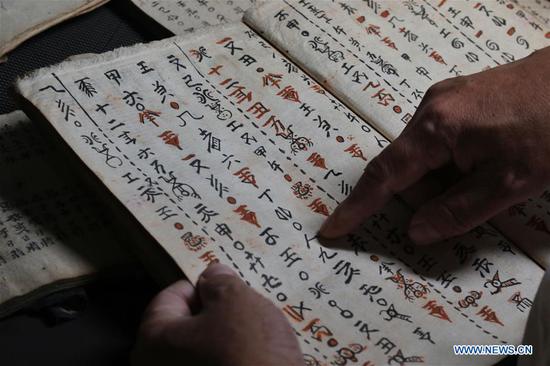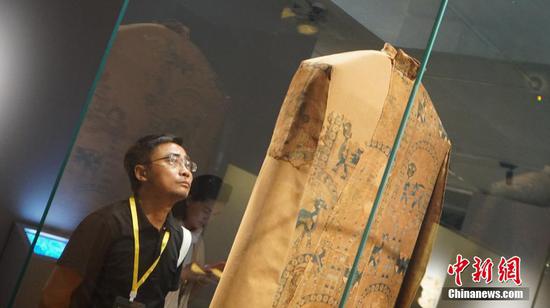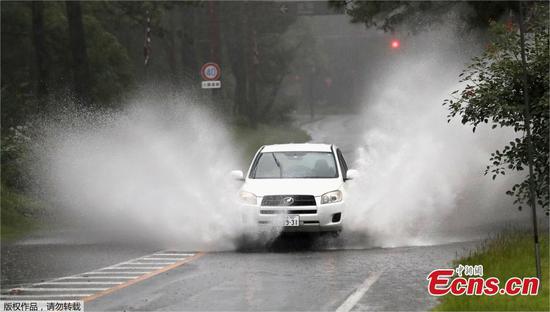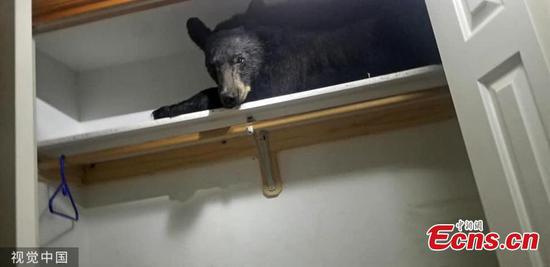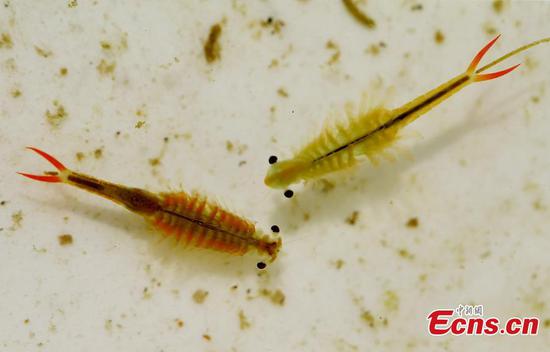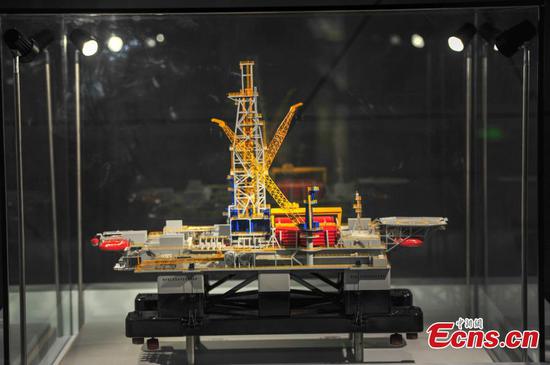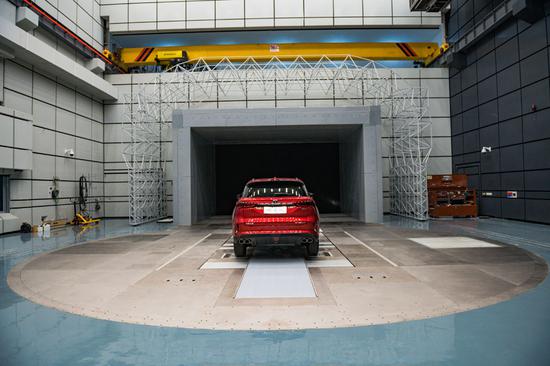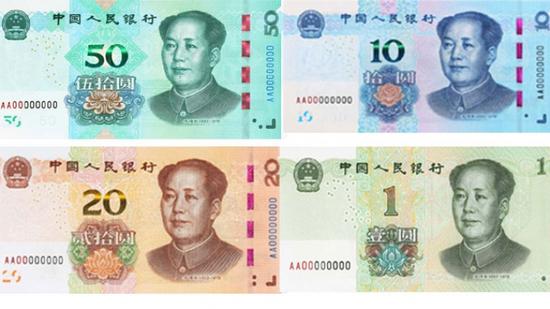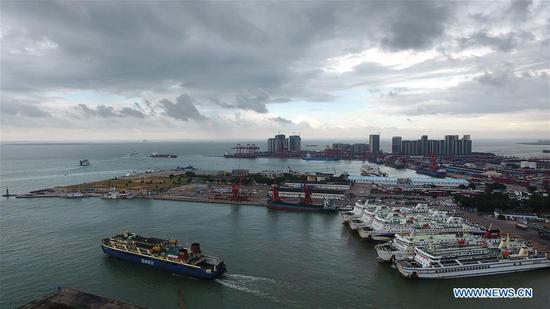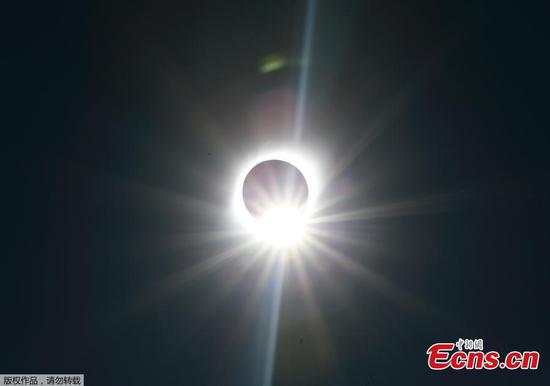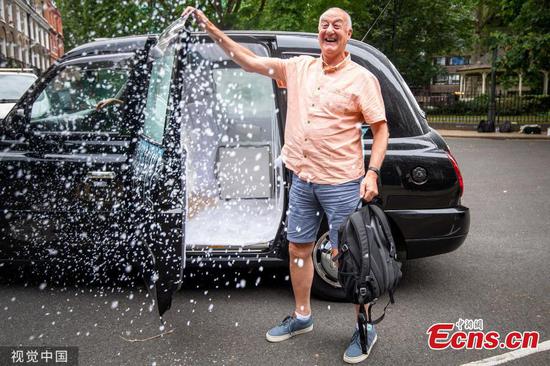As electronics become more affordable in China, the consumers' thirst for the most up-to-date gadgets is fueling an electronic waste crisis in the country.
According to a report by the United Nations University, China was the world's top electronics waste producer in 2017, generating 7.2 million tons of e-waste. Over 80 percent of phones in the world were built in China in 2017, and that figure is likely to spiral with the era of 5G looming ahead.
Chinese consumers are still lagging when it comes to electronics recycling, Wang Yongliang, partner and co-president of Aihuishou, one of the largest online electronics recycling platforms in China, told CGTN. The percentage at which used electronics are recycled in China remains a single digit while used electronics pile up and turn to waste, he added.
Launched in 2011, Aihuishou is dedicated to facilitating the electronics recycling process. It allows users to sell good quality, secondhand gadgets online to users in lower-tier cities in China or less developed countries.
Users need to answer a few questions about the state of their used device, get an estimated price at which it can be sold before shipping the device to the platform or having someone pick it up at home. The entire process takes place online in less than an hour.
"Through our research, we noticed that when users purchase new devices, they tend to remember that they still got old ones lying around at home," Wang said, "We thus partnered with e-commerce sites like JD.com to incentivize consumers to recycle when making a new purchase."
Electronics so severely damaged they cannot be reused will be shipped to a recycling company to be disassembled to extract recyclable materials and precious metals.
"Internet-based recycling platforms like Aihuishou help deal with a major issue in the recycling industry, the high cost and low efficiency of electronics recycling," said Eric Liu, campaigner at Greenpeace East Asia, "for consumers who do not know where they can turn to for recycling, these platforms offer an option."
The biggest beneficiary of the facilitated recycling of e-waste is the environment. Electronic devices contain a complex mix of materials including gold, silver and copper that can be extracted and recycled. On the other hand, heavy toxic metals like mercury contained in the electronics, once dumped into landfills, can enter the soil and water supplies.
Traditionally, recyclers retrieve the gold found in electronics by bathing circuit boards in acid and then burn the board to extract other metals. The gas released during the burning process is heavily toxic, with acid being a significant source of water pollutants.
To regulate the electronics recycling industry, the Chinese government adopted a model that asks all consumer electronics manufacturers to be responsible for the environmental impacts of their products and identified 109 recycling companies as certified recyclers that receive a government subsidy.
In the recycling stations, those old gadgets are put through powerful shredders. Metal and plastic are sorted, pulverized into tiny flakes and precious metals can be taken out through a process called "smeltering," said Liu from Greenpeace.
Aihuishou, for instance, partnered with a certified electronics recycling company to transport worn-out devices to the recycling station.
"Even though recycling those low-value devices makes little economic sense, because it is good for the environment, we are still committed to enhancing the efficiency of that recycling process," Wang said.
However, there is also the fear that a streamlined recycling experience may create a perverse incentive for consumers to purchase more, said Liu, "if purchasing continues, no matter how much you recycle, the total number (of used resource) is still on the rise."
In the longer term, hope is pinned on the adoption of a rational consumption mindset, Liu added. He suggested that electronics manufacturers should also incorporate environmental considerations into their product designs, for example, making phones easy to modify and repair and using recyclable materials.
Apple, for instance, has pledged to create a system for a closed-loop production where materials from old products can be reintegrated into new ones.
In the end, production, as well as consumption all come with a price to pay — a toll on the environment. Liu said, "We have never been against the development of the consumer electronics industry; what we hope is that as electronics upgrade and further develop, we may pay attention to their impact on the environment."









